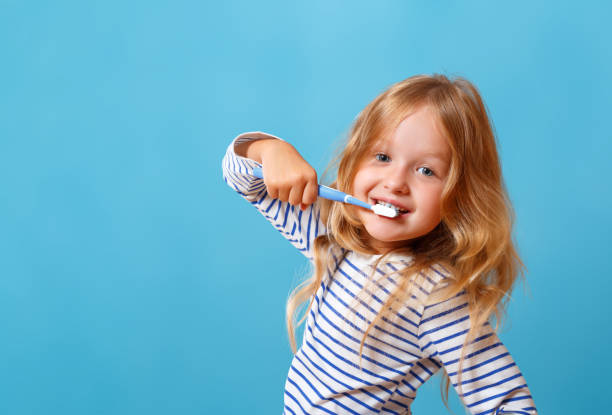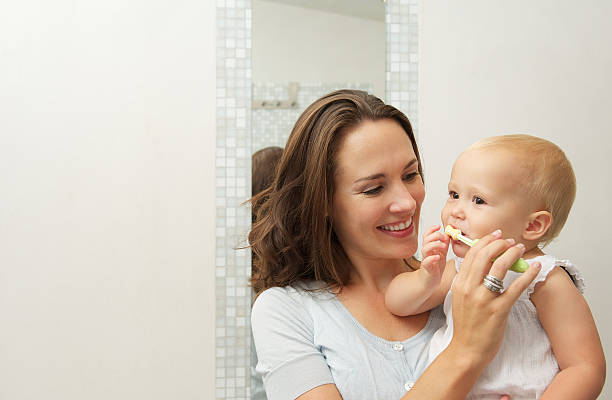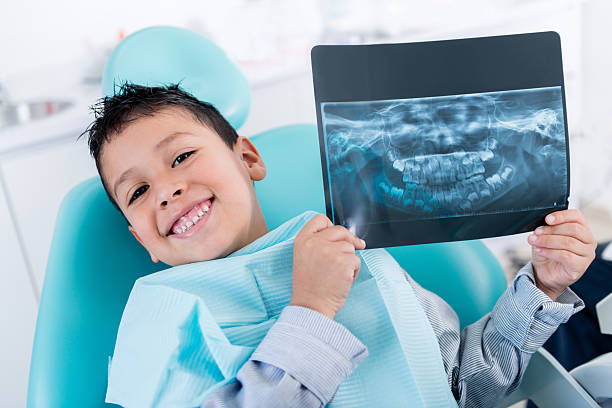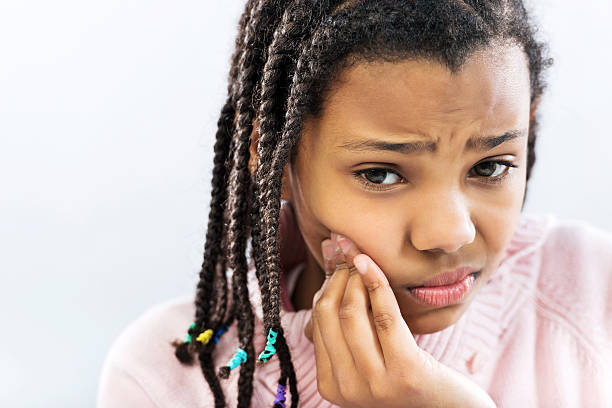Children may complain of a toothache, a bad taste in their mouth, or a bump on their gums. These symptoms may indicate that your child has an abscessed tooth. An abscessed tooth is a dental emergency, but fortunately, it is completely treatable and preventable.
What is an abscessed tooth?
An abscessed tooth occurs when the dental pulp and its surrounding tissues become infected. When tooth decay is left untreated, bacteria can spread to the inside and outside of the tooth, which can result in an abscess. If it occurs in small children, it should be treated right away because their immune systems have not yet fully developed, which can make it difficult to fight the infection. An abscessed tooth can become very dangerous if left untreated, as the bacterial infection can spread to the jaw, head, or throughout the body, causing an illness called sepsis that can be deadly.
Signs and symptoms:
Some children may not feel any discomfort, but a dental abscess can be extremely painful for others, with visible symptoms such as swelling and redness, as well as a fever. There may also be swelling around the neck or jaw. Additionally, parents may notice darkening or discoloration of infected teeth or bad breath in their children. The gums may also develop a white pimple-like nodule, or lymph nodes may swell.
During times when children are not eating or drinking anything, they may complain of throbbing pain, difficulty chewing in that area, pus draining from the area, and a bad or bitter taste in their mouths. Symptoms such as vomiting, diarrhea, difficulty breathing or swallowing, as well as new sensitivity to hot or cold foods, are less common. When children have abscessed teeth, their appetite may be diminished, eventually resulting in weight loss.
Diagnosing an abscessed tooth
Infections that reach the pulp chamber of the tooth, which contains nerves and blood vessels, are called abscesses. As pus (white blood cells, bacteria, and tissue debris) accumulates, it spreads throughout the surrounding area.
Often, we can tell if a child has an abscessed tooth just by looking at it. Other times, an x-ray may be necessary to determine if the child has an abscessed tooth. Using x-rays, we can see areas not visible to the naked eye and find out if your child has an abscessed tooth. They also allow us to determine the extent of the abscess. Our pediatric dentist can use digital radiography, which exposes children to less radiation than conventional radiography.
How does an abscessed tooth develop?
An abscessed tooth is most commonly caused by an untreated cavity, although other dental problems can also cause an abscessed tooth. In addition to poor dental hygiene, a high intake of sugary snacks and/or beverages, and trauma to the tooth as a result of injury (which can chip the enamel or cause other damage) can all lead to an abscess in a child’s tooth. The inner pulp of the tooth, which consists of blood vessels, tissues, and nerves, can become infected if it is cracked or if it is affected by gum disease.
Pediatric dental care for abscessed teeth
Once diagnosed, an abscess on a baby tooth will be handled differently than one on a permanent tooth.
Extraction of the tooth and drainage of the abscess is likely to be necessary for baby teeth. Some pediatric dentists may offer pulp and crown therapy, also called pulpectomy, pulpotomy, nerve treatment, pulp therapy, or “baby root canal therapy.” By treating the nerve, you can save the tooth and preserve its nerve structure. After this treatment is completed, a restorative crown is placed on the tooth to hold it in place until the permanent tooth emerges. Treatment depends on the severity of the abscess. In severe cases, the tooth may need to be removed.
To save permanent teeth, root canal therapy and a crown are usually required, followed by antibiotics to kill the infection. When dental infections are potentially life-threatening, surgical treatment may be recommended.
What can be done to prevent an abscessed tooth?
Since untreated cavities are the main cause of abscessed teeth, proper oral hygiene is essential to prevent them. Parents should encourage their children to follow oral hygiene regimens.
This regimen usually involves:
- Brushing twice daily with fluoride toothpaste (Note: Parents should replace old toothbrushes with new ones every 3-4 months).
- flossing daily
- Maintaining a healthy, balanced diet that includes less sugar and healthier sweet foods
- Sugary snacks, between-meal snacks, juice, and sugary drinks should only be consumed on special occasions.
- Replace sugary snacks with raw vegetables, fresh fruits, nuts, or seeds.
- Be sure to visit your pediatric dentist for a six-month checkup, along with any recommended cleanings, x-rays, and other exams and treatments. If your child’s dentist notices a cavity, make sure you keep the appointment so the cavity can be repaired right away.
After discussing the basics of abscessed teeth, you should have a better idea of what causes them and how they are diagnosed, as well as prevention and treatment options. Please contact our pediatric dental office to schedule an appointment. We look forward to hearing from you soon!
Capitol Hill Pediatric Dentistry
Phone: (202) 849-3292
650 Pennsylvania Ave, SE, Suite 220
Washington, DC 20003









